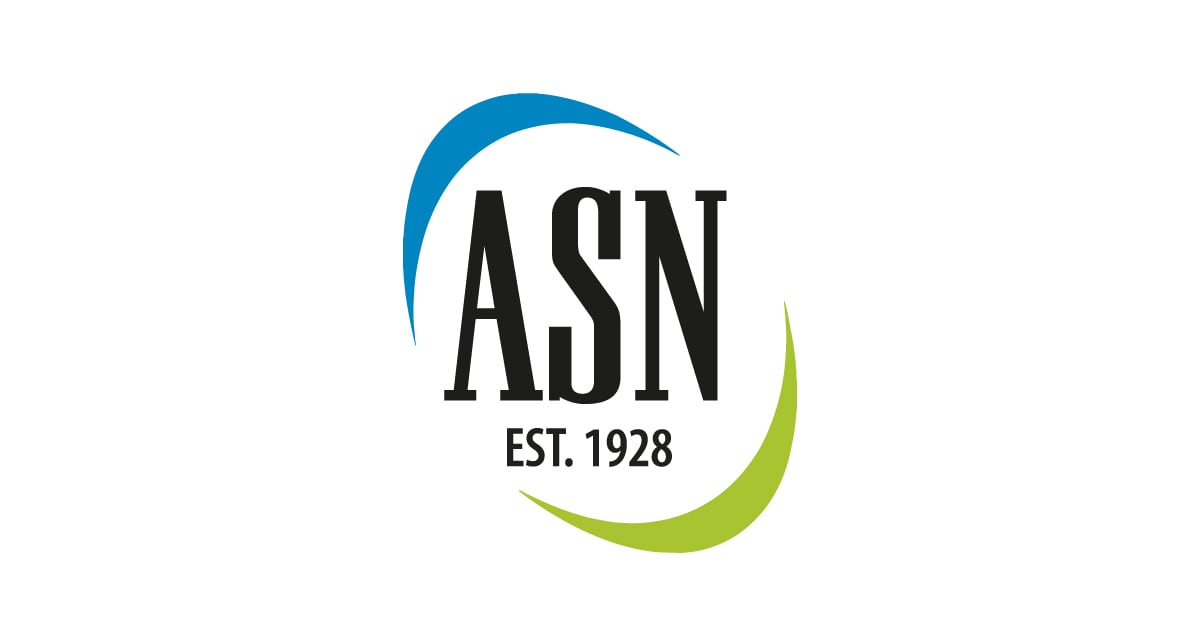The ASN Science Policy Fellowship is offered to advanced graduate students, early professionals, postdoctoral trainees, or medical interns, residents, or fellows. The intent of the Fellowship is to allow for an expanded understanding of current nutrition policy issues and initiatives. The Fellowship provides recipients with the opportunity to gain an enhanced perspective on public policy issues related to nutrition and facilitates the acquisition of skills and tools necessary to become well-informed advocates for nutrition research and policy.
Maria DeNunzio, MS, is one of two current fellows. She is a PhD Candidate in the Department of Human Nutrition, Foods, and Exercise at Virginia Tech. She has been a member of ASN since 2023. Read our full interview below.

How did you first get involved in nutrition science and research? What led you to be interested in nutrition policy?
After working for a few years as a food scientist, I became curious about the social and environmental influences on food choice and the broader food system. I decided to pursue this curiosity and returned to school for an MS in community nutrition and a graduate certificate in science policy. Nutrition policy interested me because policy can be such a powerful change mechanism. I wanted to learn more about policymaking and implementation, and how the roles of science and scientists fit into the policy process. We conduct science in a social and political context, so understanding these contextual influences is important to consider when designing research for public impact.
Tell us about your current position and the research activities in which you are involved.
I am currently a PhD candidate in the Department of Human Nutrition, Foods, and Exercise at Virginia Tech, studying with Dr. Sarah Misyak. My dissertation is exploring the role of food retailers for the integration of nutrition security and planetary health. Some of that research involves partnering with Virginia Fresh Match, a statewide nutrition incentive network of SNAP-authorized retailers. I also support a Team Nutrition Training Grant with the Virginia Department of Education to understand training needs of school nutrition directors and cafeteria managers.
What do you feel are the biggest challenges facing nutrition researchers today?
I think there are so many intersecting, complicated problems that make our work difficult, but the biggest challenge to us, and all of society, is the climate crisis. Climate change will continue to upend the ways in which we live and work and it’s imperative to understand how each of our research agendas can contribute to climate mitigation and adaptation. Some challenges of addressing the climate crisis are figuring out new ways to work across disciplinary silos. Figuring out how to integrate different kinds of scientists, thinkers, and practitioners into work is difficult, but is necessary and urgent, given the multi-faceted and complicated nature of the climate crisis. Food systems and nutrition have so much to offer for climate mitigation and adaptation, and we must figure out how to leverage our knowledge and skills for these urgent research questions.
What influenced your decision to apply to the ASN Science Policy Fellowship program? How do you see yourself benefitting from this position?
I applied to the fellowship because I really enjoyed my certificate program in science policy and this was an exciting opportunity to apply those skills to real-life settings. Additionally, significant movement to address the climate crisis needs to come through policy and governance mechanisms. Policy-savvy scientists have an important role to advocate for changes that will protect human and planetary health now and in the future. Collaboration and interface with a variety of stakeholders is crucial to policy development and implementation and I am thrilled to have this opportunity to build these essential skills. The fellowship will be a great opportunity to expand and diversify my communication skills. I am also looking forward to learning from the CASP members and other ASN scientists.
What aspects of ASN membership have you found most useful professionally?
I appreciate the weekly newsletter on key research and policy happenings, both globally and here in the United States. ASN members’ research spans the translational spectrum from basic science to hands-on policymaking, and I think that the breadth of scientific inquiry within the organization is a real strength, offering opportunities to understand problems holistically.
Is there anything else you’d like to tell ASN members, especially students?
It’s important to keep an open mind and to be amenable to exciting opportunities, even if they don’t seem to directly align with your current position. My current work is not something I would have imagined five years ago, but every professional opportunity I took contributed to building my current position. One other piece of advice I would give is to ask for and reciprocate support within your professional community. People generally want to help you, even if it is just sending a few links or having a quick phone call. Reciprocating this support makes you a better scientist. Everyone has skills to contribute to a team, and showing up and being willing to learn or try new things is so important.



